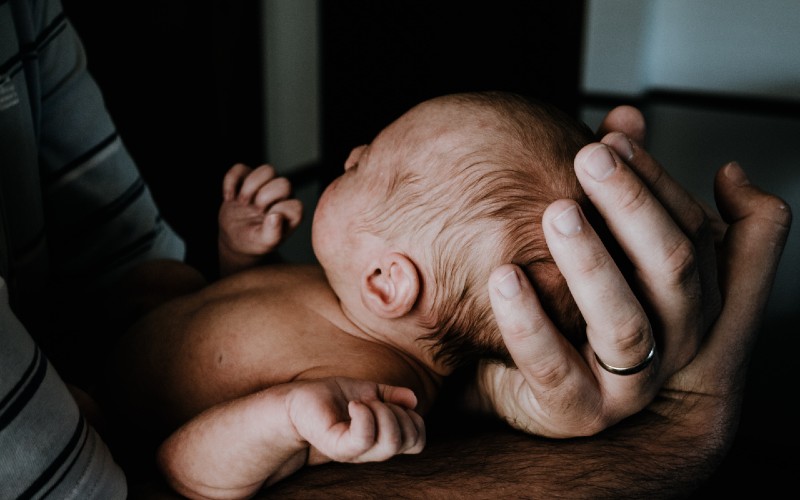On Monday, the second anniversary of the Supreme Court's Dobbs decision, the journal JAMA Pediatrics released a study revealing an increase in infant deaths in Texas since the Heartbeat Act went into effect in 2021.
According to the study, the state's infant mortality rate in 2022 was 5.75 per 1,000 births, which was only about three percentage points higher than the overall national rate and can likely be explained by Texas' above-average poverty rate and higher levels of illegal immigration than other states.
But as he details in his related op-ed, Dr. Michael New, assistant professor of practice at the Catholic University of America's Busch School of Business, says the study suggests the pro-life law has caused more infants to die.
Since its release, it has been picked up and covered by USA Today, CBS, and NBC, among other news outlets – all of which have covered the story the same way they do most research on abortion.
"They just uncritically kind of repackaged the press release," says New, who is also a senior associate scholar at the Charlotte Lozier Institute. "They didn't reach out to pro-life researchers or anybody else who's pro-life for comment."
He submits a closer look at the study provides a bit of a different narrative.

"It is probably true that infant deaths went up, but it's also important to remember that births in Texas went up as well," Dr. New notes. "Because of the Heartbeat Act, there was a large increase in the number of babies born in Texas. 16,000 more children were born in 2022 than 2021. To get more births, tragically, you're going to probably see some increase in infant deaths."
He also points out that the infant mortality rate in Texas is very consistent with historical norms and averages.
Another thing New says the "media didn't really bother to cover" is the biggest reason for this increase in infant deaths was the increases in congenital conditions or birth defects.
"Essentially what's happening is that the Texas Heartbeat Act is preventing these children from being aborted," the researcher explains. "It's not causing more birth defects; it's that when a child is diagnosed with a birth defect, that child is legally protected. I think that is an important distinction to make as well."
In ignoring these points – and the fact that the study was released on the anniversary of the Dobbs decision – Dr. New concludes that the media is intentionally misleading people.







